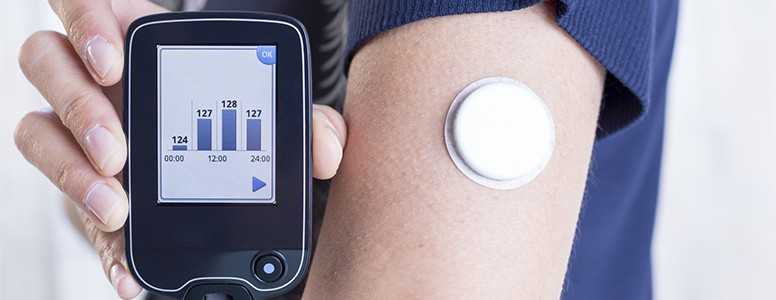Patients with type 2 diabetes who consume at least 500 mg/day of dietary omega-3 fatty acids, such as oily fish, have a decreased risk of diabetic retinopathy, a study shows.
Omega-3 fatty acids can be found in a variety of food, such as wild salmon, fish oil, walnuts, flaxseed, and vegetables.
In this new study, researchers at the Lipid Clinic, Barcelona, tested the effects of a Mediterranean diet supplemented with extra virgin olive oil or nuts against a control diet. The primary objective of the trial was to assess cardiovascular prevention.
A total of 3,614 patients aged between 55 and 80 years were evaluated during 2003-2009, all of whom had type 2 diabetes and had previously enrolled in the Prevencion con Dieta Mediterranea (PREDIMED) trial.
Previous research has shown that eating 500 mg/d of long-chain omega-3 polyunsaturated fatty acids – this is equal to two servings of oily fish per week – is the minimum dose needed for proper cardiovascular prevention.
Additionally, the retina is rich in these acids, but clinical data is sparse to suggest that supplementation of these acids has benefits for eye health among patients with diabetes.
Overall, 75 per cent of participants met the target, which was assessed by a validated food-frequency questionnaire.
Incident diabetic retinopathy was diagnosed in 69 of the participants, and even after confounding factors such as age and sex were accounted for, those who ate 500 mg/d or greater had a 48 per cent reduced risk of developing retinopathy.
Study author Aleix Sala-Vila, D.Pharm., Ph.D, told MedPage Today: “The general strategic aim of our research group, under the leadership of Dr. Emilio Ros, has been to gain in-depth knowledge of atherosclerotic cardiovascular disease, with special focus on nutrition therapy.
“Diabetic retinopathy is the leading global cause of vision loss. As the incidence of type 2 diabetes gradually increases, more individuals will suffer from these complications, which, if not properly managed, may lead to permanent eye damage.
“Dr. Ros and I thought that we had a good opportunity to explore the link between omega-3 fatty acids and vessels other than those found in heart and brain, much more investigated in relation to omega-3.”
In an accompanying editorial, Michael Larse, M.D, University of Copenhage, added: “It seems a safe bet now to spread one’s food intake to include the gifts of our oceans and forests, while we consider how they can be protected for future generations and wait for large and ambitious studies of the effects of diet on diabetic retinopathy.”
The study was published in the online journal JAMA Ophthalmology.
What's new on the forum? ⭐️
Get our free newsletters
Stay up to date with the latest news, research and breakthroughs.



